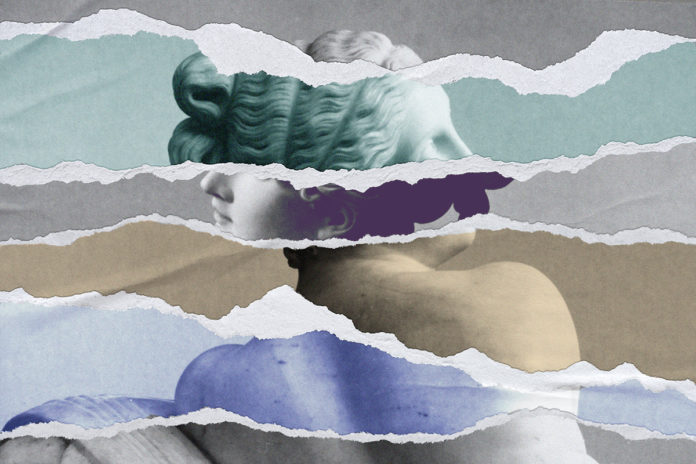Today is World Art Day. As a very powerful source of expression art is not only a source of aesthetic expression but also a social tool and a form of political commitment. As individuals, art also helps us making intelligible the reality that surrounds us. It has an enormous capacity to awaken feelings and help us build bridges to what others feel, suffer or disturbs them. In short, art allows us to create awareness and do so collectively in such important issues as women’s rights and freedoms. To this end, giving visibility to women artists and their contributions to the creative and cultural sector is essential.
However, art has undoubtedly been (and still is) a powerful tool of political propaganda. All totalitarian regimes try to use art and its capacity for collective conformation for their own benefit. This is because art is also an instrument that allows us to create new narratives that, in turn, serve to shape the reality.
Art is an instrument of social commitment, political activism and avant-garde. Today, more than ever, art allows us to identify the spaces of social concern where politics does not reach. In order to contribute shaping this vision of what surrounds us, the presence and the leading role of women is absolutely fundamental. It is necessary that the eyes and ways of approaching reality are diverse, plural and enriching for all.
However, the figures show a very unequal reality in the artistic sector. On World Art Day, I want to emphasize that even today it is still more complicated for a woman than for a man to live from art. As in so many other areas, the place of women in art and culture has not coincided with their ambitions and abilities. Since 1980, only between 4 and 12 per cent of the art awards at all events have been destined to women.
Women artists and cultural professionals often have less access to creative and production resources and are underrepresented in management and decision-making positions. In the European Union and the United States, artworks created by women account for only 3-5 per cent of permanent museum collections. In contrast, there are more women students of Fine Arts and other artistic formations than men. For example, in Spain, 70 % of art students are women. Despite this, men are paid much more for their works, and there are more men than women who enjoy professional stability and have full-time work in the cultural and creative sectors (14 percentage points higher).
This vulnerability and structural inequality is also reflected in a shocking fact. In Spain, 62 % of young artists between the ages of 21-30 are women, but when we reach the age of 70, only 23 % of the artists are women. These data show how, once again, structural inequalities hold back progress towards real equality between men and women and limit women in their full development and freedom in the artistic field. But they also deprive the whole society of being able to enjoy plural and diverse expressions offered to us by women artists all over the world.
On a day like today, we must continue to make progress, from equality, in strengthening the artistic sector. Only by eliminating structural gender inequalities will women artists continue to build new paradigms and awaken awareness. And, it is only by this direction that we will be able to strengthen our critical, imaginative and creative capacity as a society.
Women artists: Art embrances politics

The event “Art embraces politics” was organised by MEP Marco Zullo, Member of Renew Europe in the European Parliament. The aim of the event is to bring the contribution of art closer to the creation of new narratives for equal rights, in particular the rights and freedoms of women. The event was attended by two women artists, Juliana Notari (experimental artist from Brazil) and Nespoon (urban artist from Poland) and also with the participation of Robert Biedron, Chair of the Committee on Women’s Rights and Gender Equality of the European Parliament.


